A REAP project takes on the challenge of teaching parents in rural China that playing with their children is as important as feeding them.
Once every week for six months, a special team of family planning workers fanned out across the remote towns of Shaanxi Province or journeyed to isolated villages in the Qinling Mountains, the cradle of China’s civilization and habitat of the world’s remaining wild pandas. Determined to make a difference, the workers braved downpours in the dead of winter and long, treacherous roads to conduct weekly visits to families living in the region’s rural corners.
The little children who were their inspiration were often too shy to even make eye contact during the initial family sessions, but the government workers – part of a pilot group of parenting trainers – persevered. Eventually, the children welcomed the trainers with smiles, open arms and confident curiosity.
The parenting trainers brought toys to play with the toddlers, but not just for fun. The act of playing had a higher purpose.
Toddlers in rural China lag far behind their urban cohorts in developmental benchmarks, and Stanford’s Rural Education Action Program launched its Perfecting Parenting Project to tackle a key underlying cause: only a small fraction of rural parents interact with their young children.
“We want to get parents to improve their interactions with their toddlers,” said Alexis Medina, project manager of REAP’s health, nutrition and education initiatives.
That’s because the period between birth and age 3 is a critical developmental window, and interactive playing and verbal stimulation are important components of a child’s growth. REAP researchers know this, but a majority of parents in rural China do not.
For many parents or grandparents who are primary caregivers, the concept of actively engaging with their offspring is foreign. Research surveys revealed that less than 5 percent of parents in rural China regularly read to their babies and toddlers, and only 32 percent of them sing songs or use toys to play together. From their fieldwork, REAP researchers witnessed a pervasive view among parents: their young children are clothed and fed, isn’t that all they need?
In launching the 6-month pilot program in November 2014, researchers designed a week-by-week parenting curriculum – complete with books, balls and building blocks – to target key child development milestones.
“Before, the role of the family planning worker was to manage the quantity of the population,” said He Miao, one of the 70 parenting trainers recruited under the REAP project. “But from now on, our role is to improve the population’s quality.”
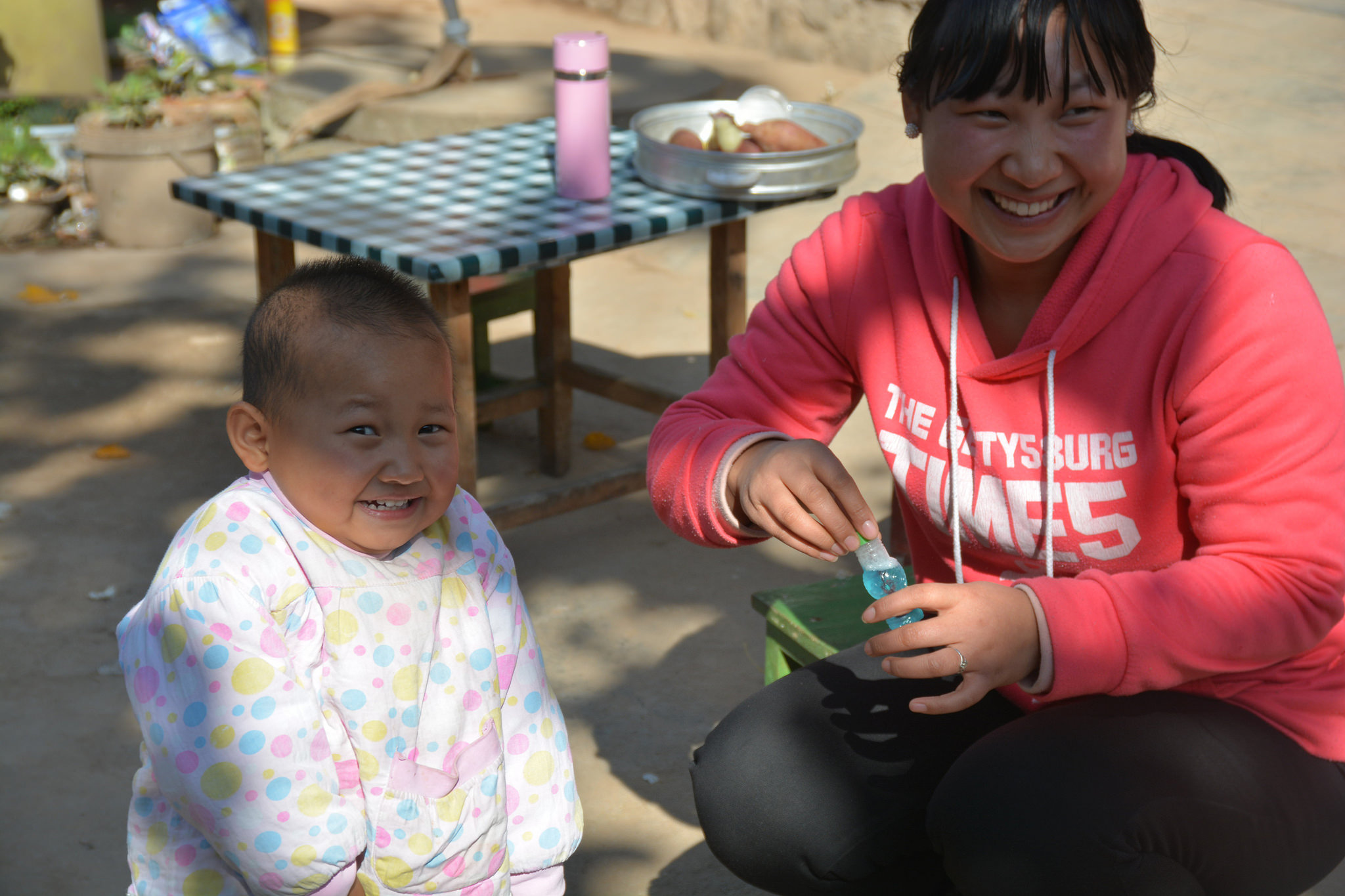 |
|
Little Cheng Junya transformed from shy and withdrawn to outgoing and engaged in just two months of parenting visits. |
As researchers work to gather project findings, REAP hopes Chinese officials will decide to expand the parenting training program.
Those at the frontlines are already convinced.
“My child never used to be so comfortable around strangers; I can’t believe she is now so outgoing,” the mother of little Cheng Junya remarked just two months into the program. “This is all because of the visits from such excellent teachers.”
Echoing his fellow parenting trainers, family planning worker Qin Yulu said, "In all the years I’ve been in this position, this is the most meaningful work I have ever done.”
REAP researcher Xueyang Liu summed up her view of the project’s success. “Each family planning worker manages different children and faces different challenges: sometimes the roads are difficult, sometimes the parents are unappreciative, and sometimes the children are unresponsive,” she said. But, she continued, “the parent trainers are united both by their willingness to overcome difficulty and by a passion for their work, and this has earned them the respect and love of the parents.”
For a closer view of the challenges and promise of the Perfecting Parenting Project, take a look at the following stories by REAP researchers who shadowed China’s first crew of parenting trainers.
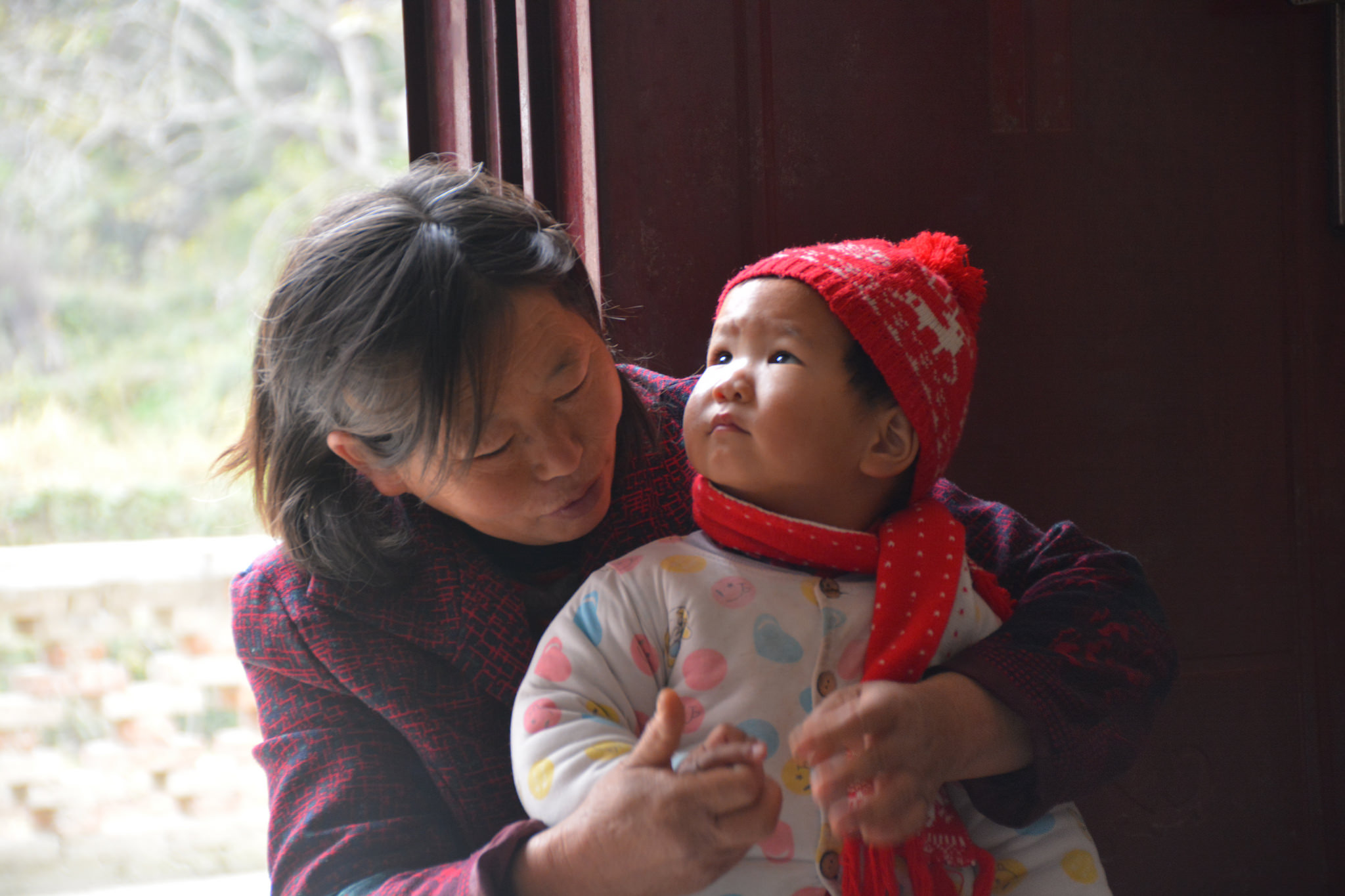 |
Modern Parenting 101
REAP researcher Xinrui Gao joins parent trainer Liu Xianju on several weekly sessions during the six-month pilot program and describes here a caretaker’s dramatic shift in attitude toward modern parenting.
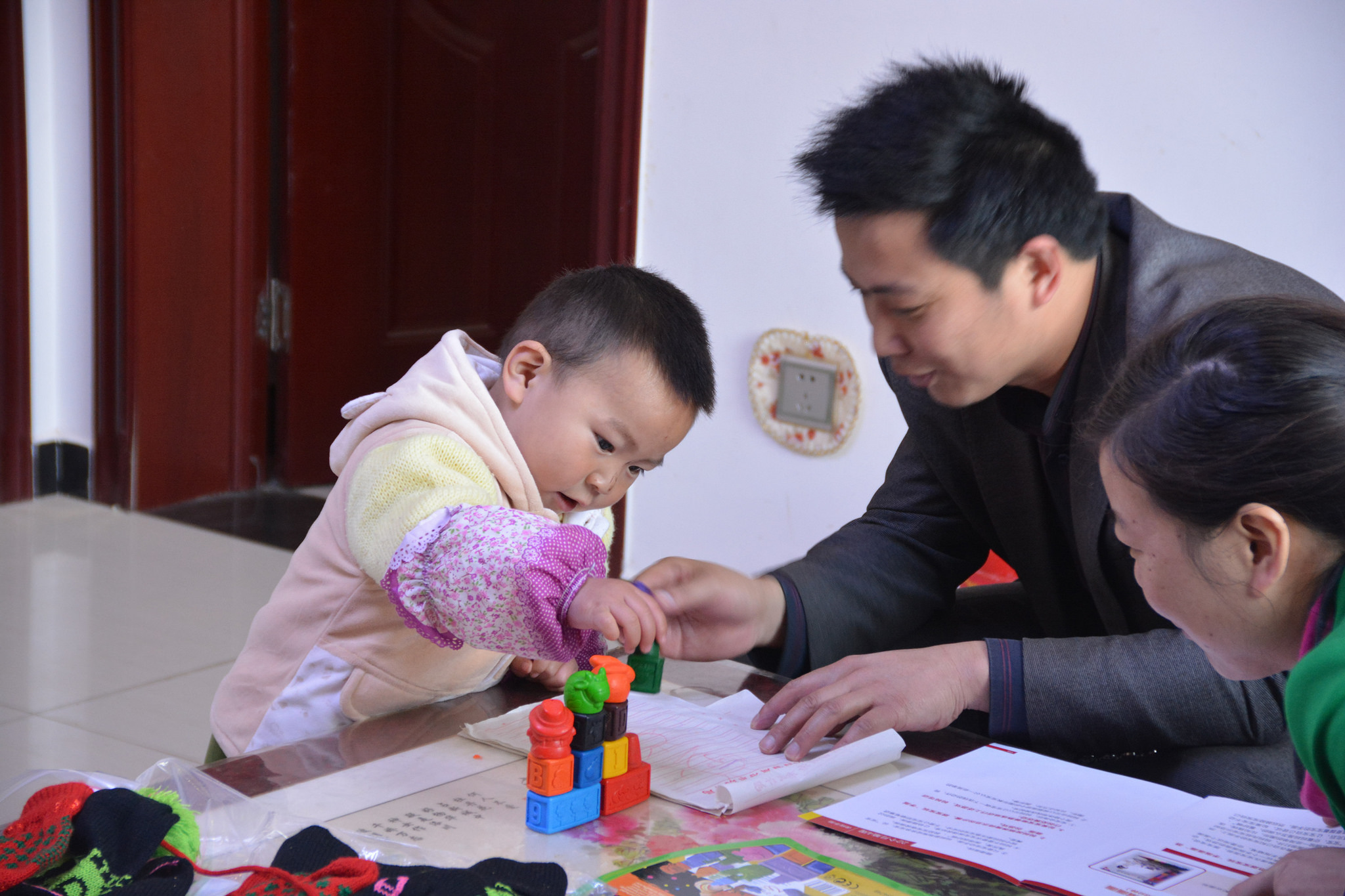 |
Little Activities Go A Long Way
REAP researcher Xi Zhiqi witnesses how the parenting program’s activities help to enhance a toddler’s verbal and social-emotional skills. This is her story of Little Wei.
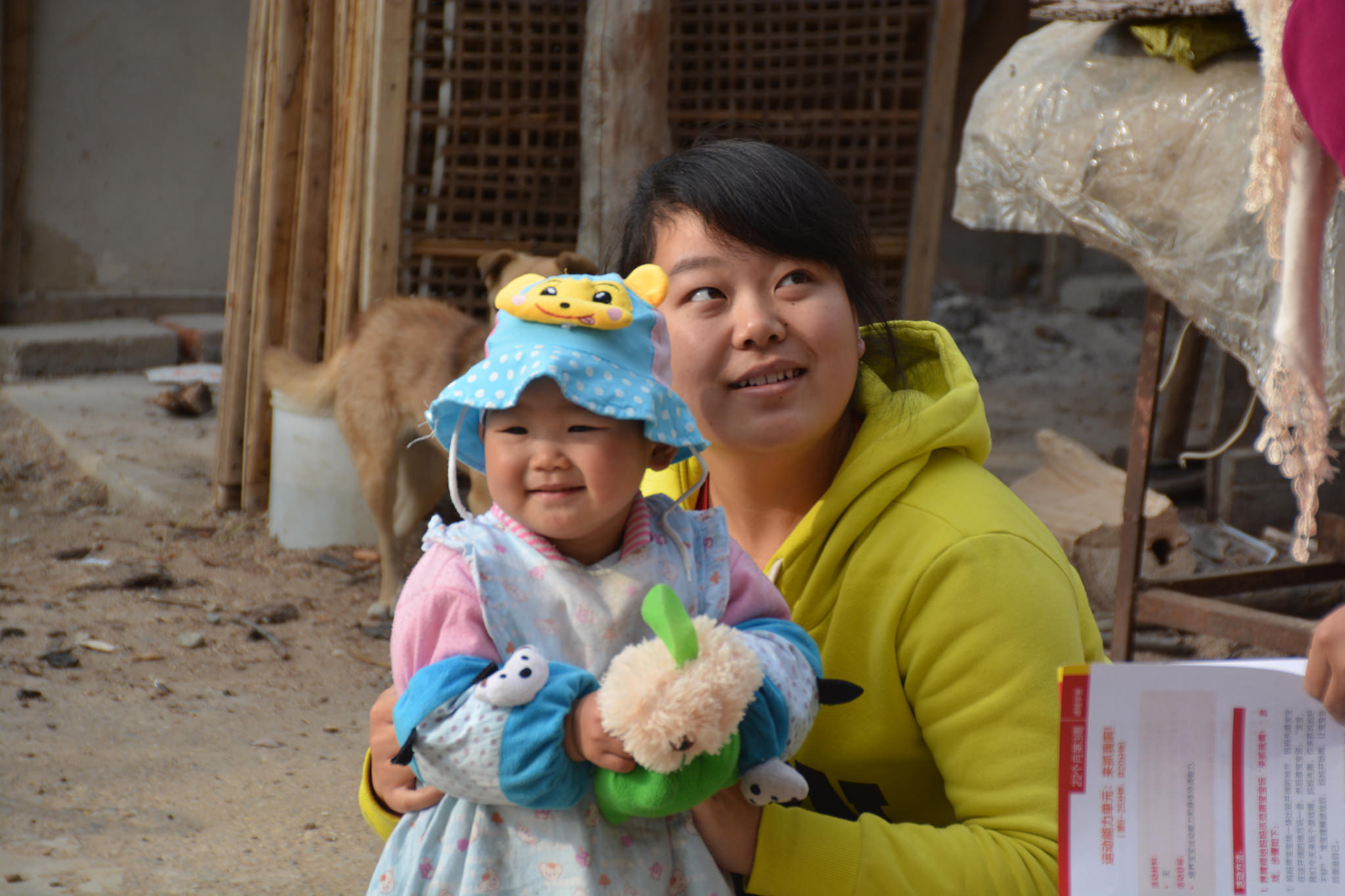 |
A Mother’s Realization
REAP researcher Xueyang Liu describes here how a mother literally and metaphorically tramples on the project’s guidance materials before she comes to embrace the methods of active parenting.
 |
Trainers: A Santa Qin and Honorary Godmother
The following two accounts by REAP researchers Wang Xiaohong and Jia Fang illustrate the immense dedication of two family planning workers from Shanyang County.
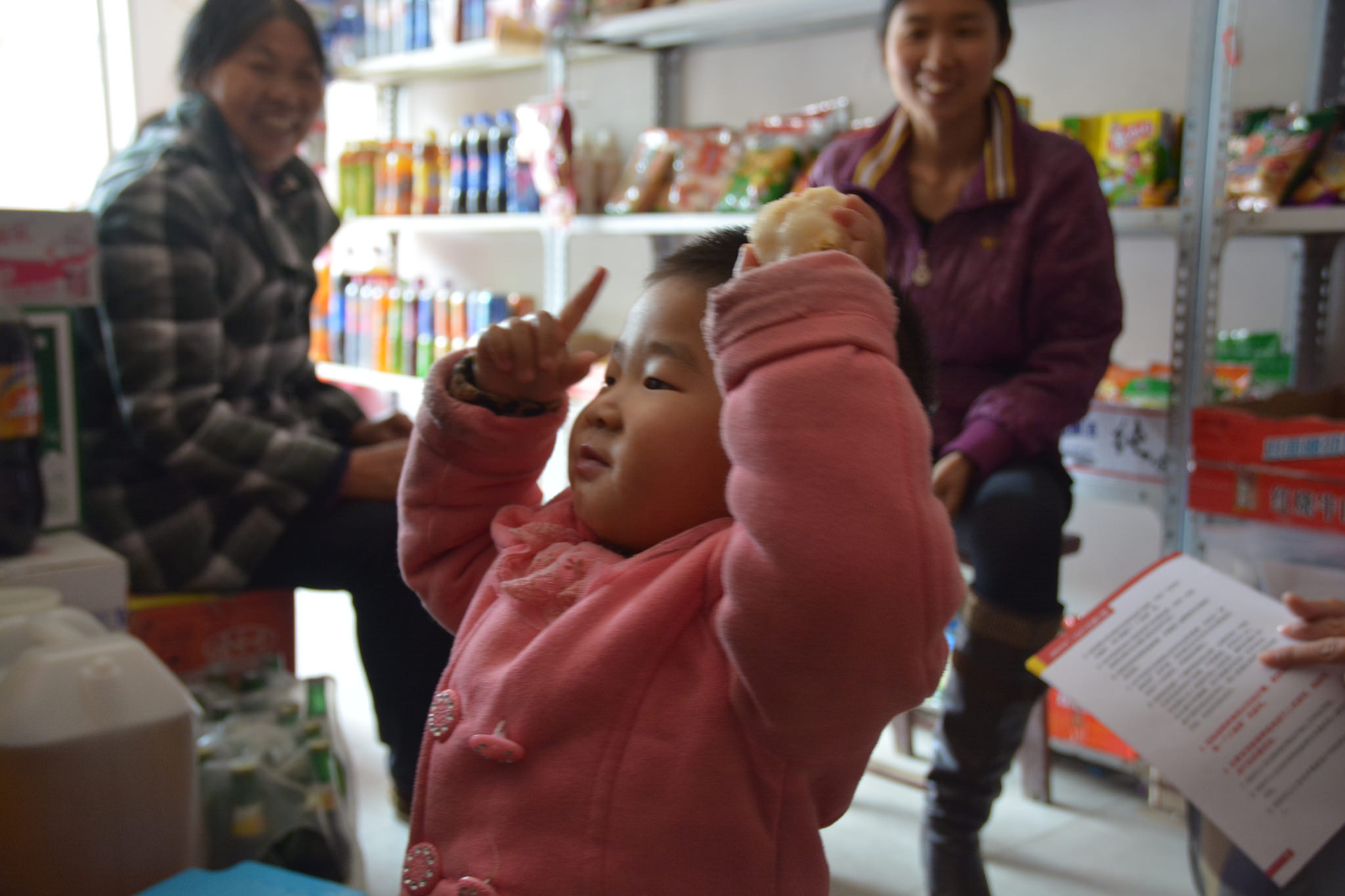 |
No Easy Road
REAP researcher Zhang Nianrui describes a-day-in-the-life of a pair of parenting trainers as she joins them on a rough journey to the remote village homes of the families under their charge for the pilot project.